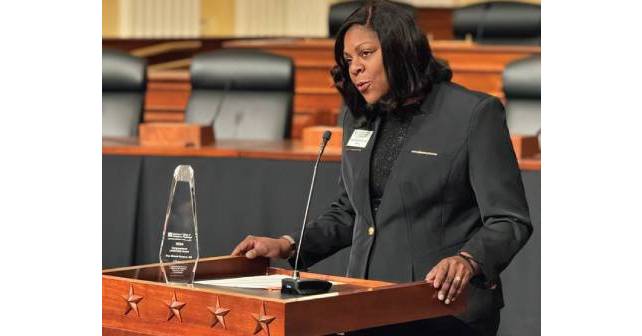
One of the components certainly speaks to defunding offices in schools of medicine that focus on DEI. There are all kinds of other pieces in there, but there are absolutely aspects of it that run counter to ACEP policy. My focus in having a conversation with him, which I thought was a reasonable dialogue—where we heard from him, he heard from us, and then we ended it with saying we’re going to follow up to see what comes next relative to ensuring that our workforce is equipped to take care of all patients from all backgrounds relative to diversity, equity, and inclusion.
Explore This Issue
ACEP Now: Vol 43 – No 09 – September 2024Since then, we have had some conversations. We do know that some of the co-sponsors on that bill had staffers that were part of that LAC session and actually went back to their bosses, to say, ‘Hey, maybe we should take another look at this bill. Maybe we should reconsider.’ And so, for me, the whole point of that is that change comes in all kinds of packages. You don’t know exactly how it may be delivered. You don’t know who you’re going to impact and how it will come to fruition. But we do believe that what we did that day on that stage at LAC and having a dialogue and talking to Representative Murphy changed and impacted some minds.
Unfortunately, Representative Murphy has had some health issues of late and so certainly being very respectful of his time of healing and recovering. But rest assured, more to come about the ongoing dialogue on that bill.
DR. DARK: Let‘s talk about a piece of bipartisan legislation, the Physician and Patient Safety Act (H.R.8325). It was formerly introduced by an emergency physician Raul Ruiz in the House of Representatives and has a couple of cosponsors, one of which I believe includes Representative Murphy as well. This bill would ensure that emergency physicians are afforded due process protections under medical staff bylaws before a third-party employer can make any decision affecting our employment status. What can you tell us about that bill?
DR. TERRY: We’re really excited about having played an instrumental role in even having that bill introduced this year. It was one of our focus areas at Leadership and Advocacy Conference in terms of promoting due process for emergency physicians. When we say due process, what we mean is you cannot be terminated by your employer without having the opportunity to go through the process of defending yourself and to ensure that all of the policies are being adhered to appropriately. There tends to be a two-tiered system when it comes to some hospitals and how physicians are treated relative to due process. We want to make sure that emergency physicians, like any other physician in the hospital, is able to undergo appropriate processes when it comes to potential termination. We’re really proud of having championed this topic. It’s actually a topic that we have been championing for many years, but like many things, COVID and the pandemic really amplified the need to codify and clarify what the protections would be for emergency physicians when it comes to not having to deal with retaliation or retribution for speaking up when it comes to quality and fair and equitable patient care. We’ve connected also with AAEM, as well as the American Hospital Association around this bill with the hope of making sure that all stakeholders and partners are at the table to ensure the success of moving forward and getting this bill across the finish line.





No Responses to “Checking In with ACEP President Terry”